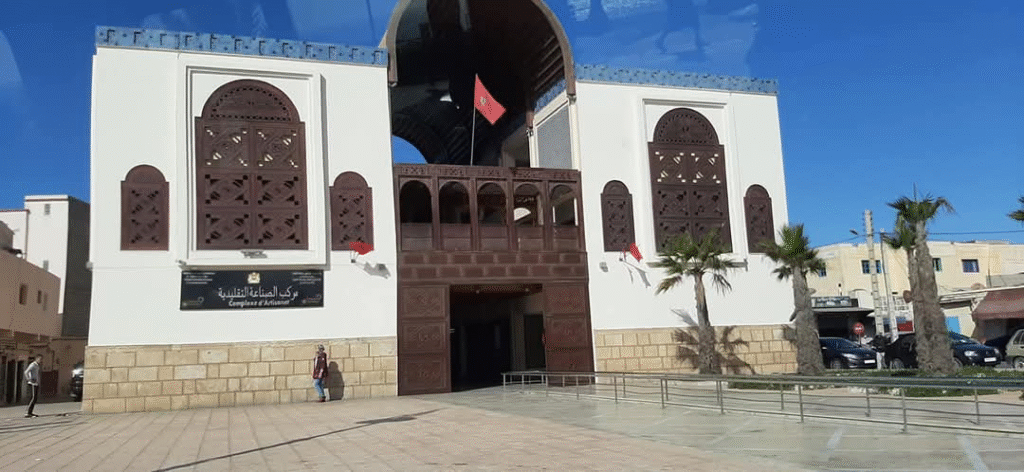France has expelled 15 Algerian diplomats from Paris in what officials called a purely “retaliatory act” following Algeria’s original move to expel a similar number of French diplomats four days ago.
The French Foreign Affairs Ministry had said in a terse statement it had summoned Algerian diplomats to let them know of the decision, after 15 French officials were expelled from Algiers on Sunday
This is unprecedented given the close economic and historic ties between the two nations spanning decades.
So, what prompted this action from the Mediterranean African country with riches in oil and gas but relatively low human index levels?
Algeria has pushed for the separation of the disputed Sahara region and has hosted the Polisario – a political outfit domiciled in the tents on its South Western border with Morocco.
In order to sustain this separatist agenda giant her neighbor Morocco, Algeria has relied heavily on international support led by France.
But late last year France, Algeria’s former colonial master, made an about turn and announced she was in favor of territorial integrity and sovereignty of Morocco over the Sahara Region.
At the disbelief of Algeria, her erstwhile supporter and a crucial party to this decades-old dispute was crossing the floor and leaving her exposed.

Exposed because Spain, Morocco’s and Sahara region former, colonial power had joined the United Sates of America as well as Israel to recognize Morocco’s sovereignty over the Sahara.
And maybe the writing was on the wall for Algeria after Morocco partial implementation of the Autonomy Plan that Algeria has since rejected but supported by many United Nations members including recently by South Korea.
“Korea takes note of the Moroccan autonomy proposal presented in April 2007 to the Secretary-General of the UN and welcomes serious and credible Moroccan efforts to move the process forward towards a resolution of this issue,” a statement from the Korean Foreign Ministry was released last week.
When Kenya’s President Wiliam Samoei Ruto posted on his then Twitter handle to the effect that Kenya did not want to see the Polisario Embassy in Nairobi, he was in effect supporting Morocco’s sovereignty over the Sahara.
Today over 130 countries around the globe are supporting Morocco in her right to territorial sovereignty of the Sahara region in the Southern part of the country and are backing the Autonomy Plan.
But what is this Autonomy Plan of 2007 presented by Morocco?
- Since 2004, the Security Council has been regularly calling upon “the parties and States of the region to continue to cooperate fully with the United Nations to end the current impasse and to achieve progress towards a political solution”.
- Responding to this call by the international community, the Kingdom of Morocco set a positive, constructive and dynamic process in motion, and pledged to submit an autonomy proposal for the Sahara, within the framework of the Kingdom’s sovereignty and national unity.
- This initiative is part of the endeavors made to build a modern, democratic society, based on the rule of law, collective and individual freedoms, and economic and social development. As such, it brings hope for a better future for the region’s populations, puts an end to separation and exile, and promotes reconciliation.
- Through this initiative, the Kingdom of Morocco guarantees to all Sahrawis, inside as well as outside the territory, that they will hold a privileged position and play a leading role in the bodies and institutions of the region, without discrimination or exclusion.
- Thus, the Sahara populations will themselves run their affairs democratically, through legislative, executive and judicial bodies enjoying exclusive powers. They will have the financial resources needed for the region’s development in all fields, and will take an active part in the nation’s economic, social and cultural life.
- The State will keep its powers in the royal domains, especially with respect to defense, external relations and the constitutional and religious prerogatives of His Majesty the King.
- The Moroccan initiative, which is made in an open spirit, aims to set the stage for dialogue and a negotiation process that would lead to a mutually acceptable political solution.
- As the outcome of negotiations, the autonomy statute shall be submitted to the populations concerned for a referendum, in keeping with the principle of self- determination and with the provisions of the UN Charter.
- To this end, Morocco calls on the other parties to avail the opportunity to write a new chapter in the region’s history. Morocco is ready to take part in serious, constructive negotiations in the spirit of this initiative, and to contribute to promoting a climate of trust.
- To achieve this objective, the Kingdom of Morocco remains willing to cooperate fully with the UN Secretary-General and his Personal Envoy








